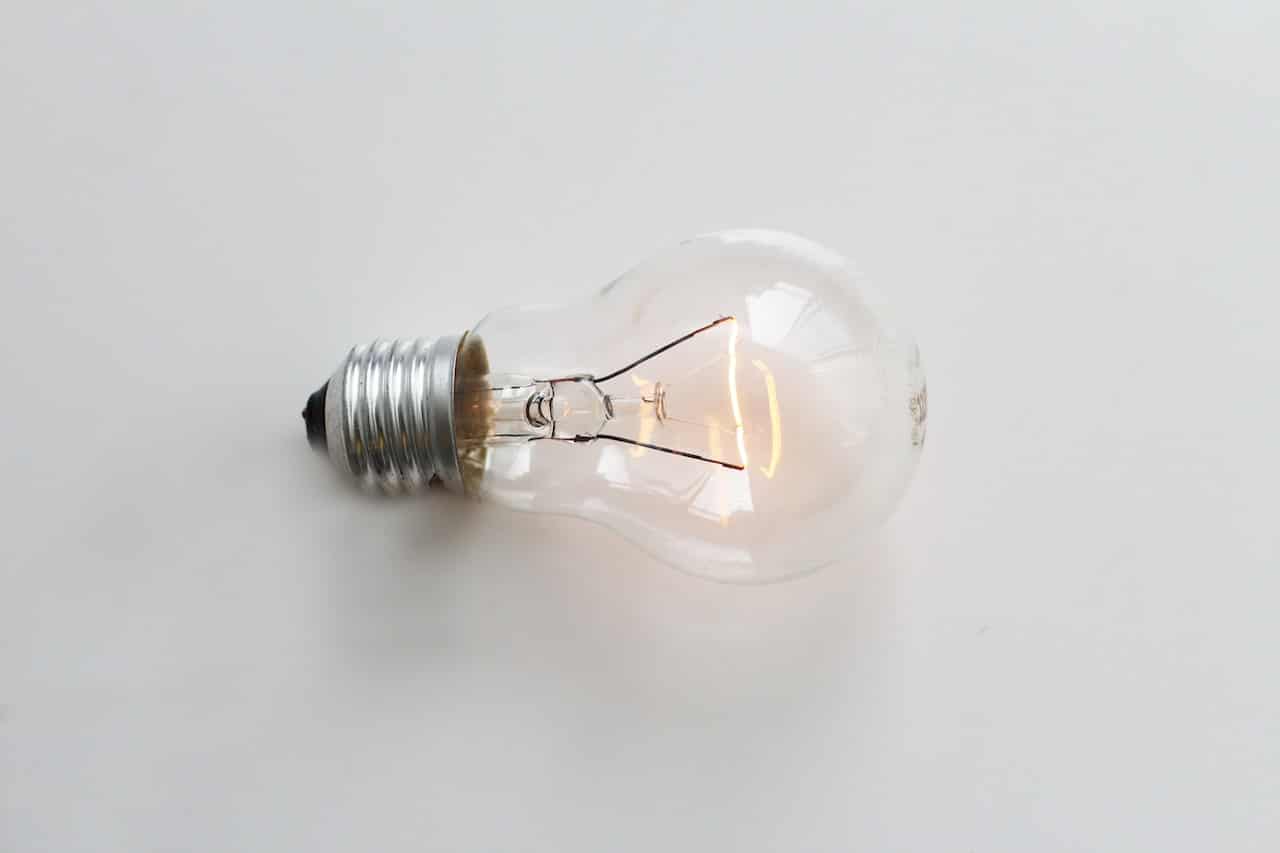Were you thinking about closing a credit card account? A high annual fee or excessive credit card debt can make anybody want to cancel their account. But, this may not always be what’s best for you financially. Finding a loan when you have bad credit can be difficult. Don’t make the situation even worse by getting rid of a credit card and potentially lowering your score further.
Before you go ahead and close a credit card account, think closely about the specific reasons why you want to do this. Do you want to close your account because you have too many credit card balances? Or were you simply thinking about canceling a card due to the fact you don’t use it often?
Depending on why you’re considering canceling a credit card account, it may actually be a wiser decision to keep your credit card open. Revolving credit can greatly impact your credit score. So, if you want to contact your card issuer and close your account, make sure you’re doing so for the right reasons.
Can Closing a Credit Card Hurt Your Credit Score?
When you cancel a credit card, this can potentially affect several major elements used in credit reports. According to the current credit scoring models, five major factors work towards determining your credit score. The five factors used for credit reporting are payment history, credit history, amounts owed, credit types, and new credit. There are free financial services and financial products where you can check your credit score for free.
First, when you get rid of a credit card, you lower your total available credit limit, also known as your credit utilization or utilization ratio. Your credit utilization ratio refers to the amount of money you have at your disposal compared to how much money you owe. Credit reporting agencies have the ability to look at your different credit card accounts and see how much money you have to utilize on each.
Generally, your credit report will not suffer when you don’t owe money on too many of your accounts and have high available credit. But following through with closing a credit card may decrease your available credit by a significant amount. You may see a dip in your credit scores.
Second, closing a credit card may affect your average age of accounts. Apart from your credit utilization ratio, the age of each of your financial statements is essential to credit scores. The longer you’ve had an account open, the more your total credit score will benefit. If that credit card you closed was your oldest financial account, your average account age might drop dramatically.
When To Keep a Credit Card Account vs. When To Cancel a Credit Card
Under certain circumstances, it might be in your best interest to either keep or cancel your credit card. When considering if you should close a credit card, it’s best to seek out specific advice. Everybody’s credit card journey is different. Don’t let your card affect your credit score negatively, and make sure you do what’s best for you!
When Is It Best To Keep My Credit Account Open?
If your credit card is your oldest account on file, it might NOT be a smart decision to cancel. Credit bureaus highly regard the length of credit history when it comes to credit scores. The longer someone has had a credit profile or other financial accounts, the more their credit score will benefit from their length of credit history.
For example, suppose you got your first credit card in college and are thinking about getting rid of it simply because you don’t use it often. In that case, you may just want to keep your account open and continue to not use your card. Your student card may be boosting your credit report, and canceling it may cause your total credit score to take a dip.
If you’re thinking about canceling your card just because you’re not a fan of your current annual fee or would like better rewards, reach out to your credit card company first. Talk to your credit card issuer about adjusting your annual fee and see what they can do for you. A card issuer is usually willing to work with you if it means keeping your account.
When Should I Think About Canceling a Credit Card?
How you use your credit card affects a few different aspects of your credit score. Closing a credit card is an important decision and should not be taken lightly. Here are a few things to consider to help you decide if canceling a credit card is the right financial choice for your situation.
If the outstanding balance on your card is getting out of hand, you may want to consider canceling after you’ve paid your balance off. Excessive debt can be financially crippling. If you can’t avoid the temptation to use your credit card, it might be a bad idea to keep it around. Making payments towards your balance consistently and on time is essential if you don’t want your card to affect your credit score negatively.
If you are forgetful and have trouble staying on top of monthly payments, you may not want to keep your credit card account open. Missed payments have arguably the biggest negative impact on your credit score. Making sure you pay your installments on time each month is important.
How to Safely Close a Credit Card Account
If you decide that canceling your credit card makes sense for you, make sure you do so safely. For your own financial protection, you want to be thorough whenever you close any kind of credit card accounts.
The first step you should take when you want to cancel your credit card is to clear your total statement balance. Make sure you don’t have a remaining credit card balance or owe on your annual fee.
After that, make sure you have utilized any rewards left on your card. If you have cash back, frequent flier miles, or other unused benefits, make sure you use them all up or transfer any bonus funds into a checking account.
You don’t want to lose out on rewards you’ve earned just because you close your credit account.
Next, you should contact your credit card company and notify them that you’d like to cancel your account. Sometimes, companies require a certified letter explaining that applicants would like to close their accounts. Other times, you can simply call your card company and they can walk you through the process of closing your account.
Before officially closing a credit card, go through your automated or scheduled payments and ensure your card isn’t connected to anything. If you cancel a credit card associated with a scheduled payment and then fail to set up a new card, you may end up with missing payments. Since payment delinquency like this can hurt your credit for up to seven years, remove and replace any automated payment information you have established before canceling a credit card.
Then it’s time to clear up any loose ends. Notify any other respective owners or users of the credit card cancelation. Lastly, you want to destroy your credit card physically. Scammers on the dark web have been known to steal old credit cards and use them for identity theft. Because of this, any credit card expert will tell you to make sure your card is destroyed and thrown away after you cancel your account.
Alternatives To Closing Your Credit Card: Maintain Your Credit History
Closing a credit card isn’t always the right answer. If you don’t want to close your credit card account, consider some other options first.
Change Your Spending Habits
Suppose you use your credit card to pay for takeout every meal or to shop for unnecessary items frequently. In that case, you may want to limit your spending habits. Instead of buying takeout every day, purchase groceries and cook at home to save money. To avoid buying things you don’t need, keep an organized list of things you need so you’re only buying the essentials. When you hone in your spending, you may find that it’s easier to stay on top of your credit card balance.
Keep Your Credit Card in a Different Place
If you casually use your credit card too often, try keeping it in an alternative location. When your card isn’t easily accessible, you may find you reach for it less over time. However, make sure you keep your card in a safe place for your own financial security. Storing your card in a locked safe is much better than keeping it in an unlocked sock drawer.
For more credit card info, like best credit cards for 690 credit score, check out the other helpful blogs in the CreditNinja Dojo!
References:







